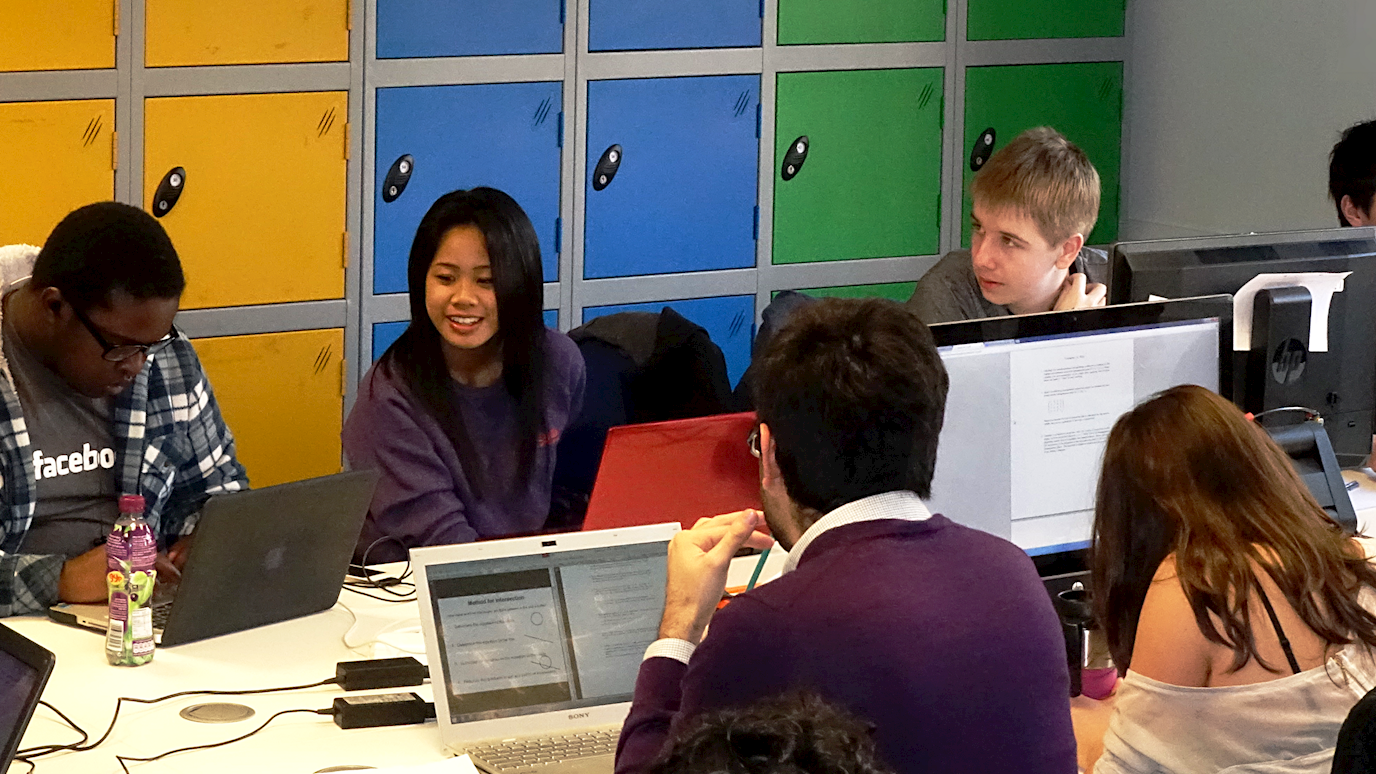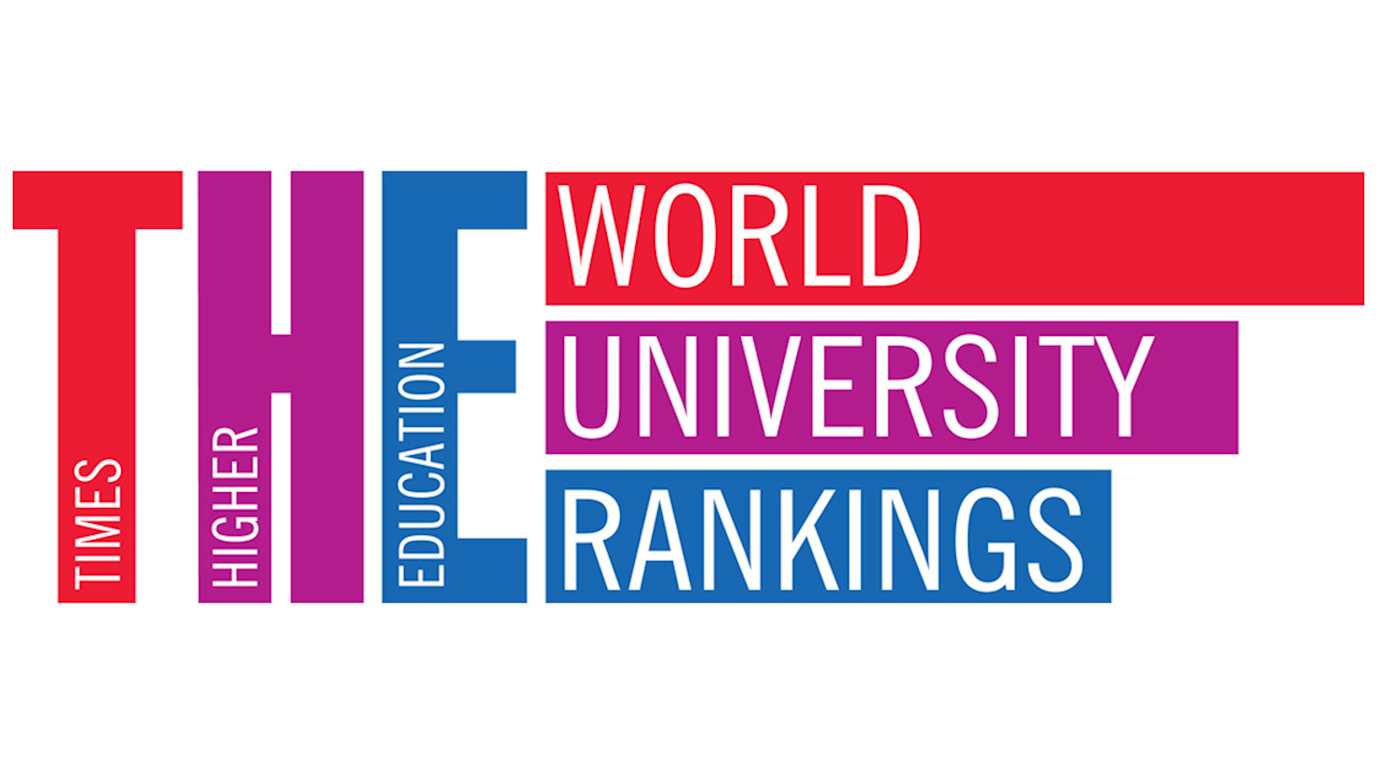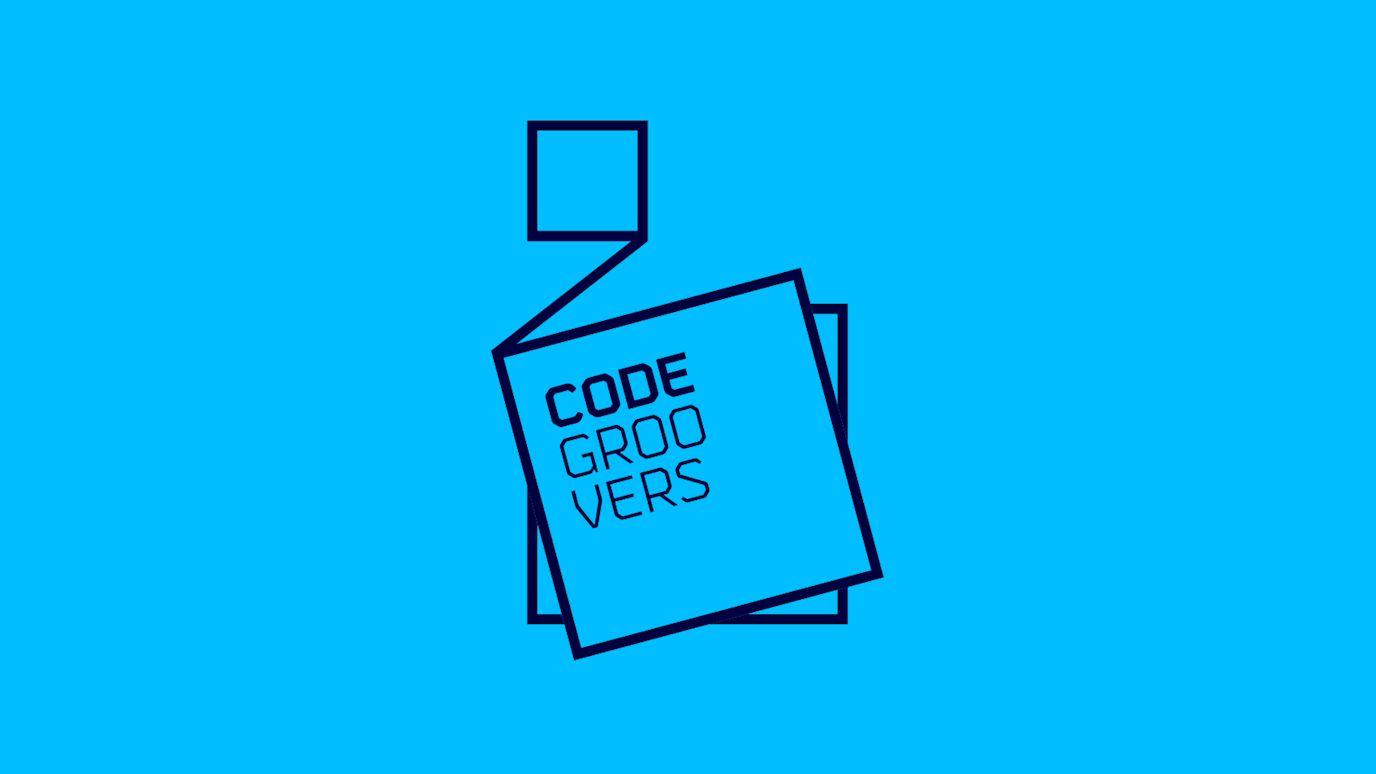We always welcome the opportunity to offer the skills of our students and of our academic staff to companies and organisations, either on an ad-hoc basis or as part of a more structured partnership.
We are one of the UK’s leading centres for research into Computer Science. Placed within the top 25% of Computer Science departments nationally for research quality, 95% of our research is assessed as world-leading and internationally excellent in terms of originality, significance and rigour in the most recent Research Excellence Framework (REF, 2021). These results are reinforced by our top 20 ranking for research in The Times and Sunday Times University Guide, 2023, and the latest metric-based computer science rankings from csrankings.org, 2022, where Royal Holloway ranks 3rd for Computer Science in the London Area, and 10th in the UK.
Our research excellence includes areas that are at the centre of the transformations that IT is bringing to society and the economy such as Big Data and The Internet of Things: algorithms, artificial intelligence, cloud computing, distributed systems, and machine learning.
The entries below give examples of ways we can work together, but we are happy to discuss any mode of engagement that better suits your needs.
Download our summary flyer.
"Royal Holloway has given me the chance to go beyond working for my degree and to start working towards my future. The department here gives you every opportunity to participate in the industry that exists beyond the walls of the lecture theatre."
Freya, MSci, Computer Science (Information Security)
Placements for BSc/MSci students
We offer our students the opportunity to spend a "year in industry" as part of their bachelors (BSc) and integrated masters (MSci) degree programmes. Students studying for a BSc take their placement after their second year of studies; MSci students take their placement after their third year. Only students with good academic performance are allowed to go on a placement.
For companies and organisations, hosting a student is an excellent opportunity to recruit highly motivated members for their teams as well as determine whether the students would make suitable long-term hires.
All students will have spent half of their first year learning and experimenting with object-oriented programming (Java) in Games and Robotics; they will also have taken a module in Software Design and another in Internet Services. They will also have developed projects in groups.
All students also have a major group project in their second year using scrum-based agile software development. They will have learned to use the Eclipse IDE, Subversion version control, JUnit testing, Google Windowbuilder Pro GUI developer and other modern industrial-strength tools. In addition, they will have studied Databases, Information Security, and Operating Systems. Depending on the pathway they are in, they will have taken courses in Computer Network Security, Artificial Intelligence or Multi-dimensional data processing.
All our degrees are accredited by the British Computer Society (BCS). In their last visit, the BCS recommended our teaching of Software Engineering as 'Best Practice'.
Placements for MSc students
We offer our students the opportunity to spend a "year in industry" as part of our Masters degree programmes. The placements should start late June or after, and finish by June the year after. Only students with good academic performance are allowed to go on a placement. Check this timeline, which details the different stages that students and companies go through.
For companies and organisations, hosting a Masters student is an excellent opportunity to recruit highly motivated and highly qualified members for their teams as well as determine whether the students would make suitable long-term hires.
International students will not require work visas because the placement is part of their studies.
Students will have taken courses in 'Big Data', including Business Intelligence Systems, Infrastructures and Technologies; Data Analysis (including supervised learning and Bayesian methods); Large-scale Data Storage and Processing (including Hadoop, Pig, and MongoDB); Machine Learning (including linear and kernel methods); Methods of Computational Finance; On-line Machine Learning (including predictions or decisions in real time); Programming for Data Analysis (MATLAB); Semantic Web (including semantic markup languages; and Visualisation and Exploratory Analysis.
They will have developed the ability to to work with:
- software packages such as MATLAB and R;
- highly scalable data-storage solutions, including MongoDB, Cassandra, HBase, and other NoSQL Data Stores
data-intensive computing technologies such as Hadoop MapReduce, Spark, Hive, and Pig - Cloud Computing tools such as Amazon S3, EC2 and Elastic MapReduce
- open source and cloud tools for scalable data storage (DynamoDB) and coordination (Zookeeper).
Students have been placed at Autilla, Axonix, BGL Group, Cartesian, Centrica, Choosic, Data Reply, D4t4 Solutions, Disney, Foward3D, Gamesys, HACT, IMS Health, I. S. Solutions, Jacobs, Jaguar Land Rover, Lindgreen Labs, Microlise, Neural Technologies, Office for National Statistics (ONS), QuintilesIMS, Rolls Royce, Shell, Société Générale, Standard Chartered, Statiq, Thomas Cook, Triometric, UBS, VMWare, World Remit, and the Z/Yen Group. Many of those have renewed placements from one year to the next.
See also what roles our graduates have taken upon graduation.
Student projects
All students have to do an individual project supervised by an academic member of staff. Companies and organisations are welcome to propose projects that contain enough academic content for the learning outcomes of the degree to be met.
There are three types of projects:
- Bachelors – approximately 300 hours between October and March
- Integrated Masters – approximately 600 hours between October and March
- Masters – approximately 600 hours between June and August
Our contact is Dr Giorgios Koutsoukos, e-mail: Giorgios.Koutsoukos@rhul.ac.uk.
Research and consultancy
We have extensive experience in collaborating with companies and organisations. Collaborations can take a variety of forms, which include:
- technical consultancy, sometimes supported by postgraduate placements;
- co-funding of PhD students to work on topics that are integral to a business’s mid-term plans;
- software development services provided by Code Groovers, our in-house company;
- Knowledge TransferPartnerships, and other opportunities to leverage government/EU funding for strategic technology developments (for example, and more recently, in Big Data and the Internet of Things).
- We can also provide bespoke training allowing companies to get up to speed on cutting-edge technologies or methodologies; popular topics are data visualisation and data-intensive computing technologies such as Hadoop MapReduce, Spark, Hive, and Pig; software-team or project-management methodologies/best practices; IT service management frameworks and standards.
Company staff can also register for MSc programmes taught in a part-time block mode suitable for day release.
Recent collaborations include:
- Automated target identification (with QinetiQ)
- Fault diagnosis (with Marconi Instruments/FRI)
- Biomarker discovery (with Ciphergen Biosystems)
- Anomaly detection (with Thales UK)
- Missing values and imputation (with the Office for National Statistics)
- Abdominal pain treatment (with Western General Hospital, Edinburgh)
- Analysis of smart meter data (with British Gas)
- Space mission operations (with NASA)
- Large-scale distributed infrastructures (with Facebook, IBM and British Gas)
- Machine learning for chemical synthesis (with AstraZeneca)
- Machine learning models for predictive maintenance (with British Gas)
Our expertise falls under:
Algorithms: constraint satisfaction problems; graphs and combinatorics; parameterised, polynomial, exact, approximation and heuristic algorithms; combinatorial optimisation; access control; development and analysis of algorithms for improving the effectiveness of industrial processes.
Artificial Intelligence: cognitive and autonomous agents, multi-agent platforms; automated planning, scheduling and search; applications in surveillance operations, disaster response, space operations, assistive technology, e-health, connected communities, business continuity, games.
Bioinformatics: development and application of statistical modeling and machine learning for systems biology and medicine; analysis of large scale transcriptomics and proteomics data; network medicine; network pharmacology.
Distributed and Networked Systems: design and analysis of algorithms; large-scale and cloud-based systems, fault-tolerance, and concurrent data structures for multi-core computing; resilience and security of IoT systems; formal modelling and analysis of cyber-physical systems with applications in security and medicine.
Machine Learning: high-dimensional data analysis, kernel methods for regression and pattern recognition, Bayesian inference and belief networks; competitive learning; conformal prediction; reinforcement learning and learning in sequential decision problems; evolutionary optimisation methods.
Software Language Engineering: programming language design and implementation; generalised parsing; domain-specific language development; reverse compilation; derivation of customised architectures for embedded systems; concurrent system verification; automatic assessment of software reliability and security.
Software Systems Engineering for Business Applications: software engineering processes, methodologies and tools, IT Project Management best-practices and frameworks, human factors of software teams, IT Service Management standards and practices.
Our contact is Prof Adrian Johnstone, tel: 01784 443425, e-mail: A.Johnstone@rhul.ac.uk.
























